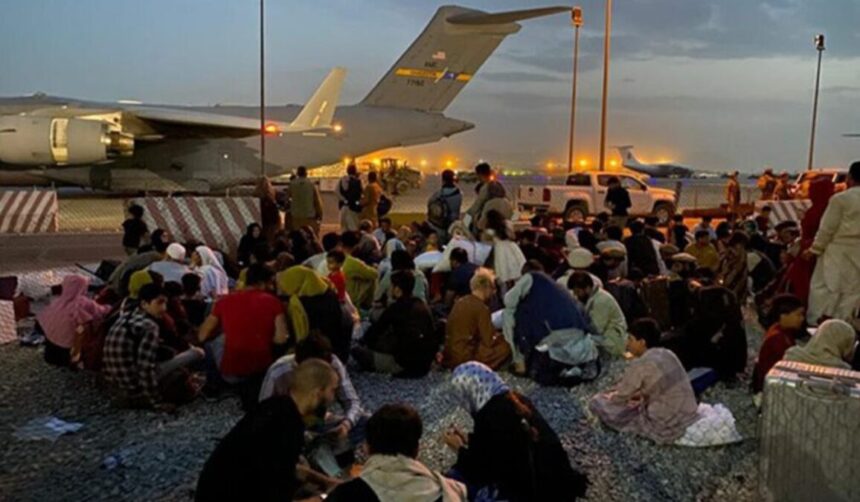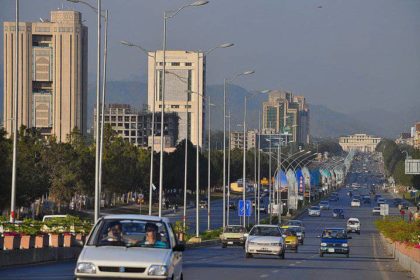RASC News Agency: Reuters has reported, citing a senior U.S. official and a legal advocate, that flights and resettlement programs for Afghanistani citizens holding Special Immigrant Visas (SIVs) to the United States have been suspended. This revelation follows earlier reports suggesting that, despite the suspension of relocation flights for other Afghanistani nationals identified as U.S. allies, the evacuation of SIV holders remained active. The halt in flights stems from an executive order issued by former U.S. President Donald Trump, which broadly curtailed foreign aid programs. This decision has effectively left over 40,000 Afghanistani SIV holders, previously approved for relocation to the U.S., in limbo. These individuals many of whom worked closely with U.S. forces during Washington’s two-decade presence in Afghanistan are now at heightened risk of retaliation by the Taliban.
Shawn VanDiver, president of a leading coalition of retired service members and advocacy groups working with the U.S. government on evacuation and resettlement efforts, confirmed that most of these stranded individuals remain trapped in Afghanistan, while others are scattered across countries such as Pakistan, Qatar, and Albania. The suspension follows directives for the U.S. State Department to reassess the alignment of foreign aid programs with national policy objectives. On Friday, the State Department announced a complete suspension of foreign assistance activities. The disruption has caused widespread chaos within relief operations, halting critical programs related to nutrition, healthcare, vaccination campaigns, and other humanitarian initiatives. Funding for organizations assisting Afghanistani SIV holders with housing, education, and employment in the United States has also been frozen, exacerbating the plight of thousands.
This suspension has sparked fears among SIV applicants, many of whom served alongside U.S. forces during the war in Afghanistan. These individuals, who now face direct threats from the Taliban, report concerns about detention, torture, and even execution. Afghanistani nationals currently stranded in third countries following the Taliban’s resurgence have also expressed alarm. They warn that without the processing of their immigration applications and eventual resettlement in the United States, returning to Afghanistan would likely result in dire consequences, including imprisonment, severe abuse, and death at the hands of the Taliban. Advocates and human rights organizations have urged the U.S. government to immediately resume these flights, emphasizing the moral and legal obligation to protect those who risked their lives in service to American interests. The suspension, they argue, undermines the credibility of U.S. foreign policy and leaves thousands of vulnerable individuals in precarious and life-threatening conditions.






